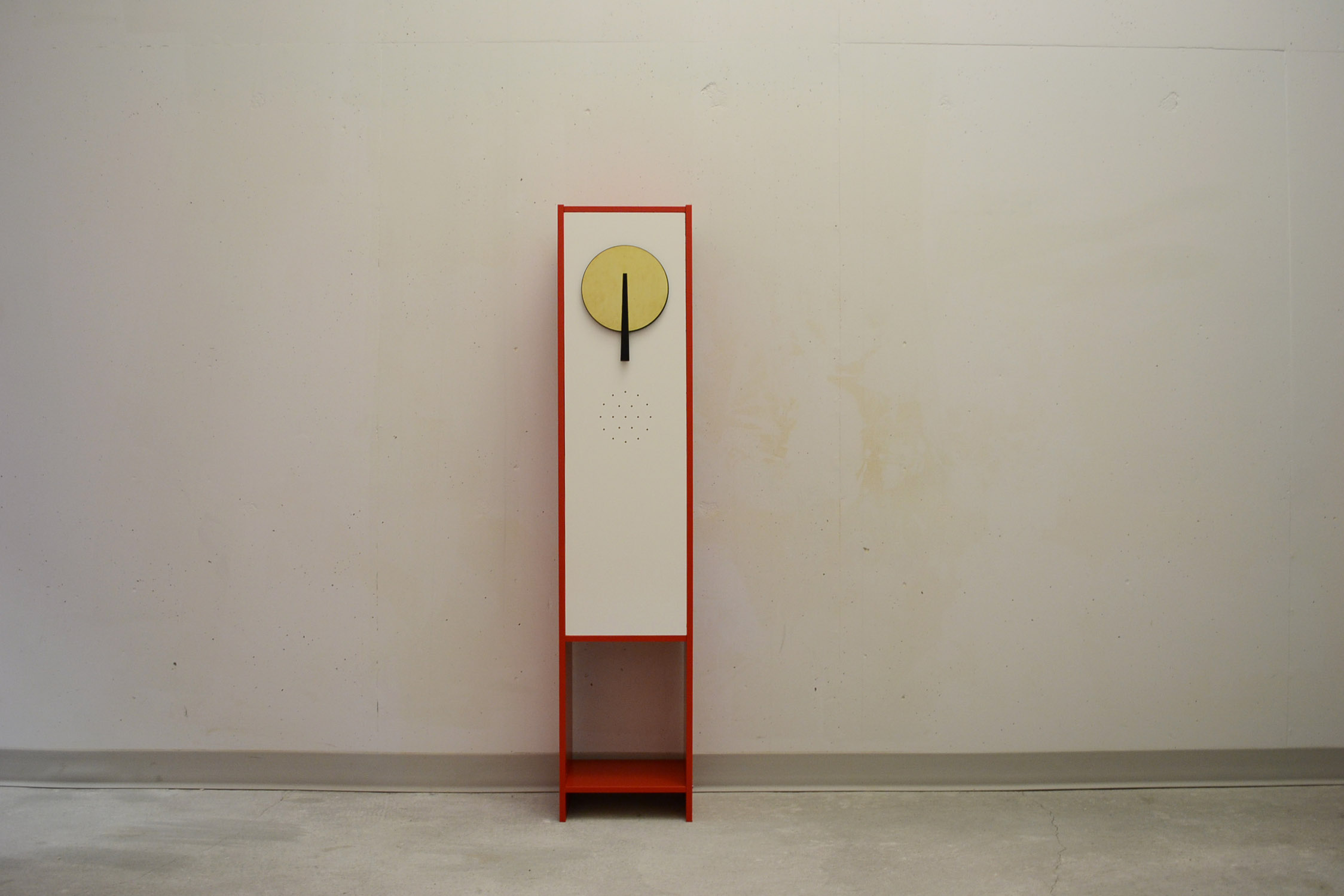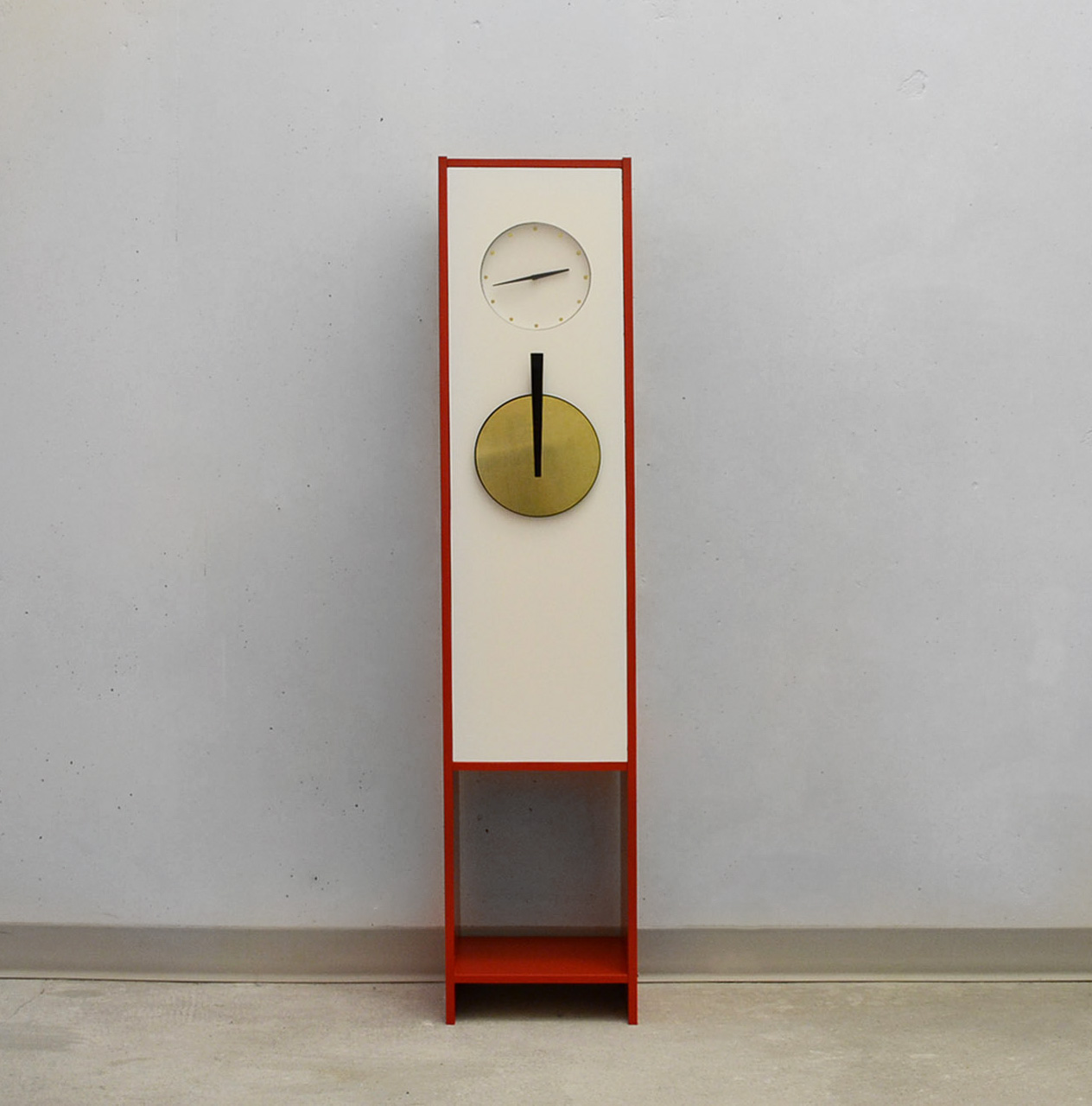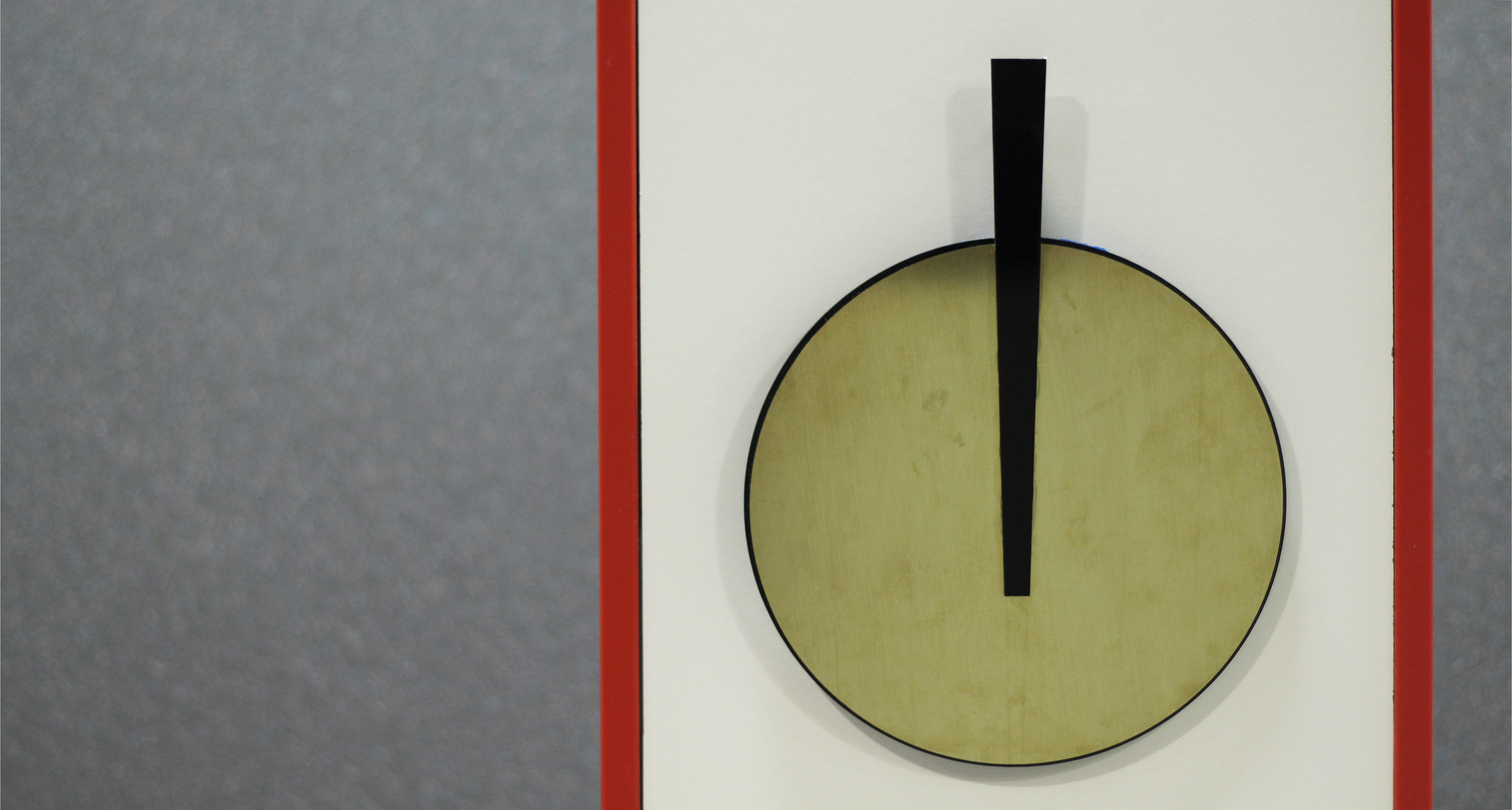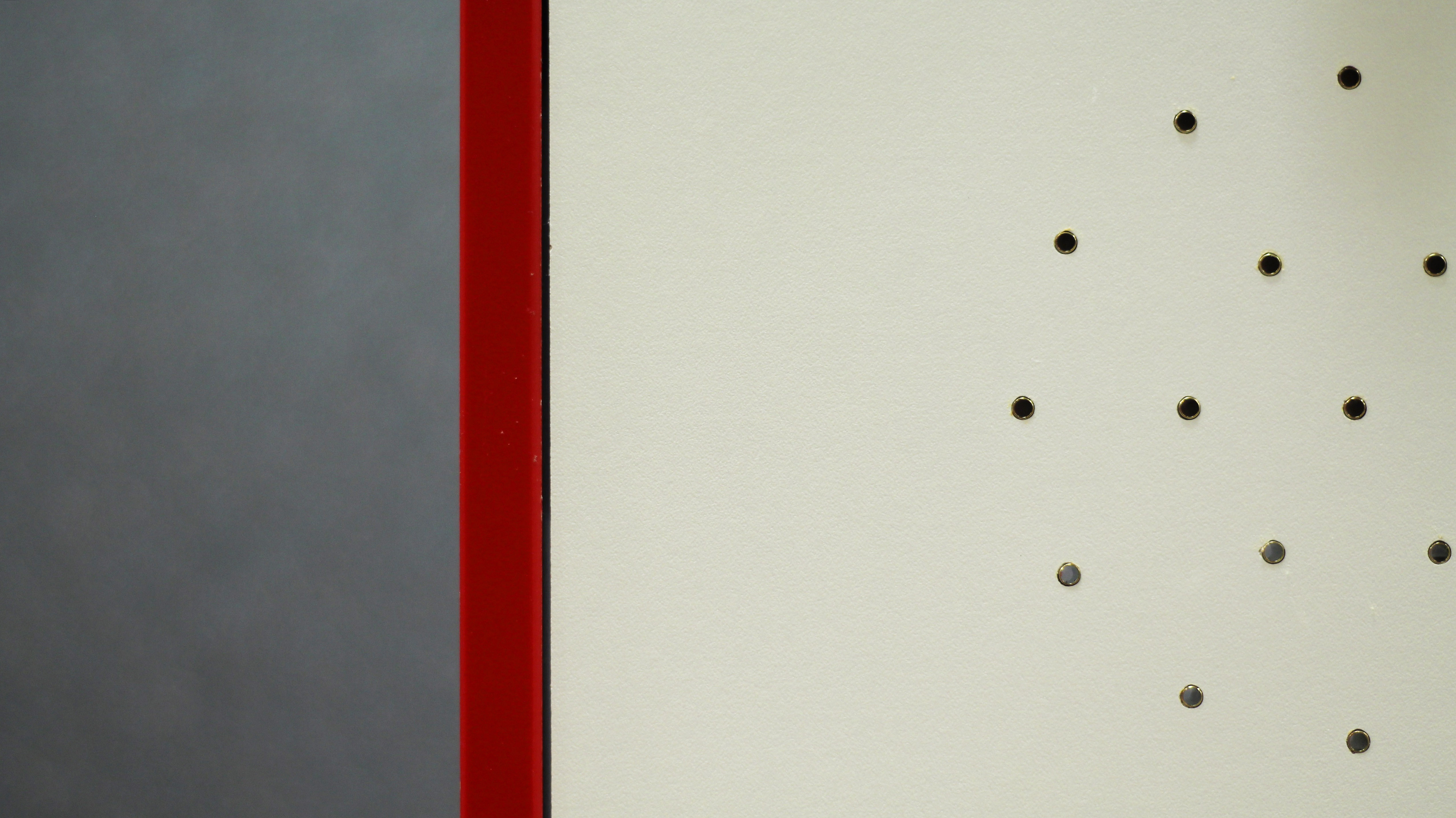Weekend Alarm is part of the master graduation project ‘Disrupting Clocks’. You can find more information on this project below.
Weekend Alarm, inspired on the grandfather clock, hides the clock face during the weekend to shift the morality of the clock from punctuality (Boorstin) toward taking off from work and responsibilities.
During the week, this clock acts like a normal grandfather clock with a clock face and a swinging pendulum. At the beginning of the weekend, the pendulum swings upward to hide the clock face and signals the weekend with a chime. Looking at the clock to read the time will then confront you with the reflection of your own face, reminding you of the fact that you can let go of clock-time.
The clock face remains hidden until the weekend is over and the brass pendulum swings back downward to reveal the clock face again. A second chime sounds as the pendulum goes down, the weekend has ended.
Disrupting Clocks
Introduction – With the everyday application of technology rapidly increasing through its development in the field of Interaction Design and Human-Computer Interaction its influence on our lives is growing. It enables us to do more, while acting faster and becoming more precise. Not only does the use of artifacts influence what we do and how we do things. Its influence in our daily lives goes beyond that. As artifacts tell us how to act to ‘successfully’ complete our tasks, they imply why we do them like that.
Project Goal – In order to investigate and anticipate technological mediation, I designed two ‘Disrupting Clocks’. These counterfactual artifacts position themselves in the field of research through design. They explore, through a material speculation approach, the ability of explicitly
materializing morality in the design of the (alarm) clock. This work is informed by a post-phenomenological understanding of the role of technological mediation and Verbeek’s concept of materializing morality in design processes.
Project context – We live in a 24/7 society. It promises us everything, everywhere, at any time. It creates the perception that there is no limit and limited time is therefore irrelevant. With this new “timelessness”, our 24/7 society is pushing us into unchartered territory. It created major strides in human productivity but at the cost of time-off, downtime, and even sleep.
Over centuries, humankind has strived to get a ‘grip on time’ by inventing temporal structures like years, weeks, hours, and minutes that manifested themselves through design into calendars, hour glasses, clocks, and alarm clocks (Boorstin). They gave us a multi-dimensionality (Pschetz) to time that allowed for the different paces and rhythms of our everyday lives. Though, as our ability to disrupt ourselves from the endless continuity of time seems to dissolve when time endures for 24 hours a day, 7 days per week, we risk losing our ability to demarcate the start and ending of time periods that once opened us up to different and differently paced ways of living.
This project was supported by 4TU.Federation – Design United.



